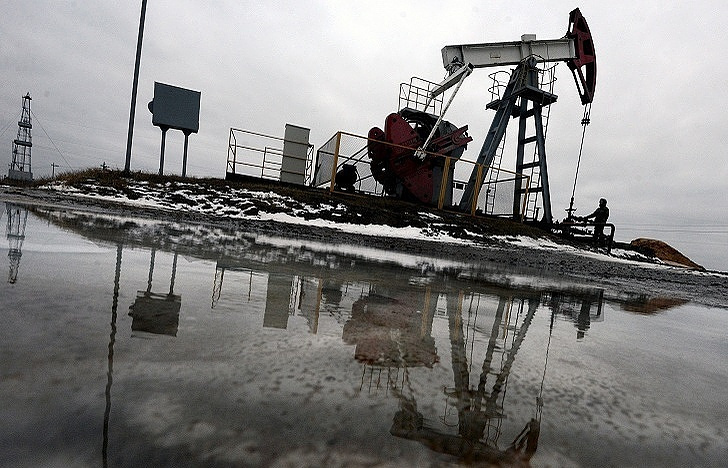RT Global Resources (100% subsidiary of Rostec) might attract funding for a construction project of North – South gas pipeline in Pakistan around $1 bln, Deputy Energy Minister Yury Sentyurin told reporters on Monday.
“More than $1 bln. This is not investment – but attracted funding. The Russian side undertakes the responsibilities to bring these financial resources,” he said, answering a question from TASS about the total project investment.
According to Sentyurin, the project is in the active stage of implementation. Rostec subsidiary and Pakistan’s state gas supplying company ISGAL have already created a special purpose project company (Special Purpose Vehicle – SPV), responsible for the implementation of the project. In the first decade of October, a second meeting of the Russian-Pakistani committee for the coordination of economic activities will be held, Sentyurin said. It was reported earlier that the parties intended to sign commercial agreements on the project before October 16.
Sentyurin also noted that the beginning of the project is still scheduled for December 2017. At the same time, according to him, Pakistan has decided not to implement the project in three stages, as was previously assumed, but in two stages.
It was reported earlier that the governments of Russia and Pakistan signed an intergovernmental agreement on the construction of the North-South gas pipeline. The document was signed by Russia’s Energy Minister Alexander Novak and Pakistani Petroleum and Natural Resources Minister Shahid Khaqan Abbasi.
The 1100 km long gas pipeline will link liquefied natural gas (LNG) terminals in the port of Karachi in the south of Pakistan with the city of Lahore in the north of the country.
The period of construction was expected to last 42 months. The project initially was to be implemented in three stages. On the first stage, by the second quarter of 2018, the gas pipeline will be built. On the second stage, by the second quarter of 2019, part of compressor stations will be completed. On the third stage, by the second quarter of 2020, all compressor stations will be commissioned bringing the pipeline to its full capacity, which is 12.4 billion cubic meters a year. The construction of the pipeline will provide orders for Russian industrial enterprises and will contribute to an increase in non-oil exports. The project will open up a new market for Russian companies.
